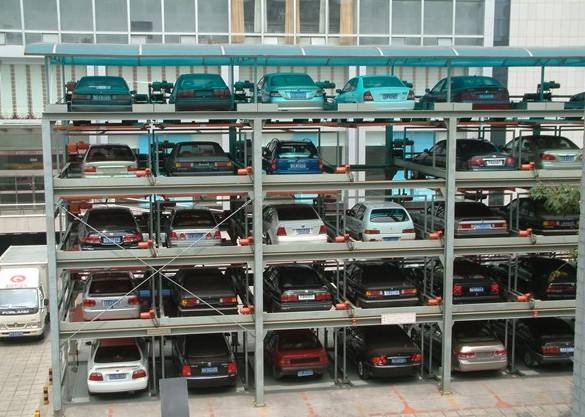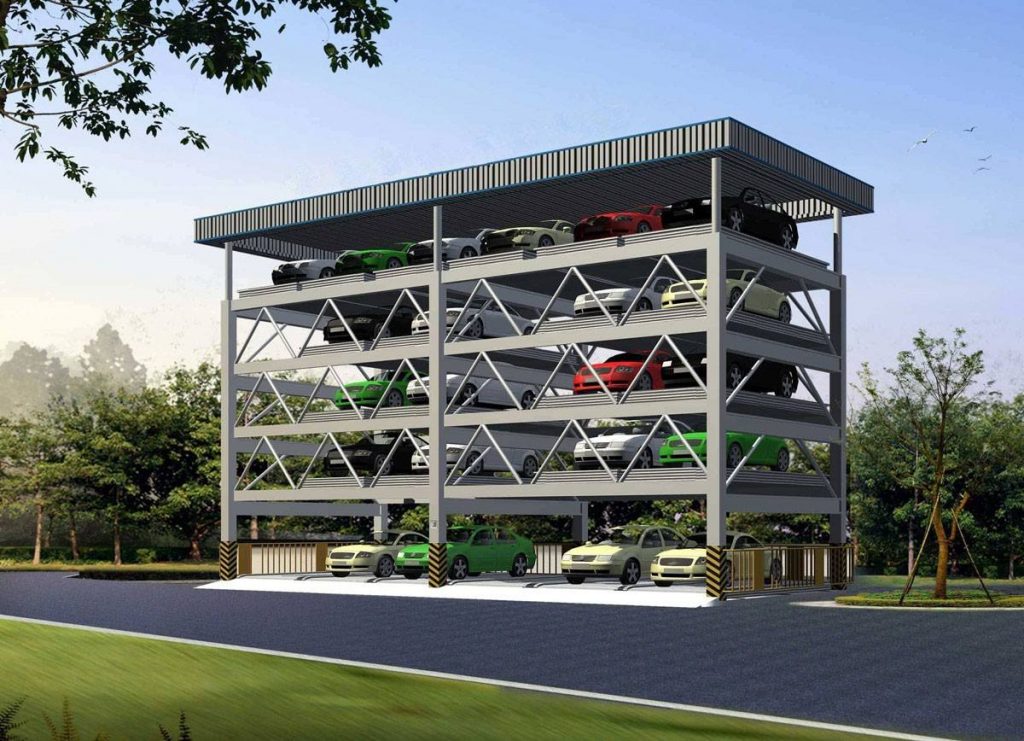As cities become more and more crowded it is enevitable3 that traffic congestion will become ever more a pressing issue for those involved in urban planning. TomTom – the Dutch technology company has just released its annual study of congestion in 403 countries across the globe – and the results do not make for pleasant reading. The results show that congestion in major cities continues to grow — with 75% of the cities surveyed reporting some level of congestion.

In cities such as Mumbai, the problem of congestion(problema de congestión) now means that drivers can expect to spend up to 65% of their time on the road in a gridlock situation. The causes of gridlock can be simplified down to a few factors. Unsurprisingly the lead factor is that we simply have too many cars in cities that were not designed to handle and manage traffic of this intensity. Many of the world’s major cities have legacy road networks that were developed decades ago – the road networks are simply not designed to absorb this sort of pressure.
There are a number of remedial measures that can be put in place to ease traffic congestion. These include optimizing the traffic flow through the application of ‘Smart’ technology that manages peak hour traffic flow. The second is to improve the options available to those in cities by making public transportation more effective and accessible. however – there may be another way to reduce congestion – that is through the use of intelligent parking systems(estacionamiento vertical).
The current situation relies on drivers being able to locate a parking space – and while this is happening backups and frustration are inevitable. A single driver looking for a parking space can cause a ‘cascade effect’ that disrupts the entire road network (it has been estimated that the average U.S. driver will spend in the region of 17 hours each year looking for parking). There simply has to be a more effective way of finding parking and ensuring that this cascade effect does not occur.
Simply having more parking bays will not solve the issue. Smart parking solutions, on the other hand, make it easier for drivers to find that parking spot. Systems employ sensors, lighting a variety of smart navigation systems and online payment for parking as ways to streamline the entire process. The data from these systems allows parking lot operators and drivers themselves to minimize the amount of time spent looking for that elusive bay. The systems operate in real-time and the information supplied can then be used by drivers to optimize their route – and ensure that they have access to parking information once they reach their destination.

Congestion is not going to go away anytime soon. It is a fact of life in the big cities of the world. However, smart parking solutions can certainly contribute to the more effective management of traffic flow. It cities across the globe the increasingly smart approach to traffic management is beginning to make a real difference to the lives of those who call cities home.
More types of heavy machines: www.aicrane.com.mx/
